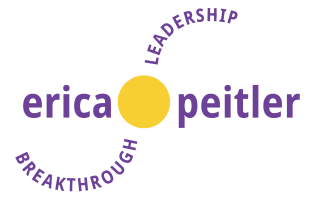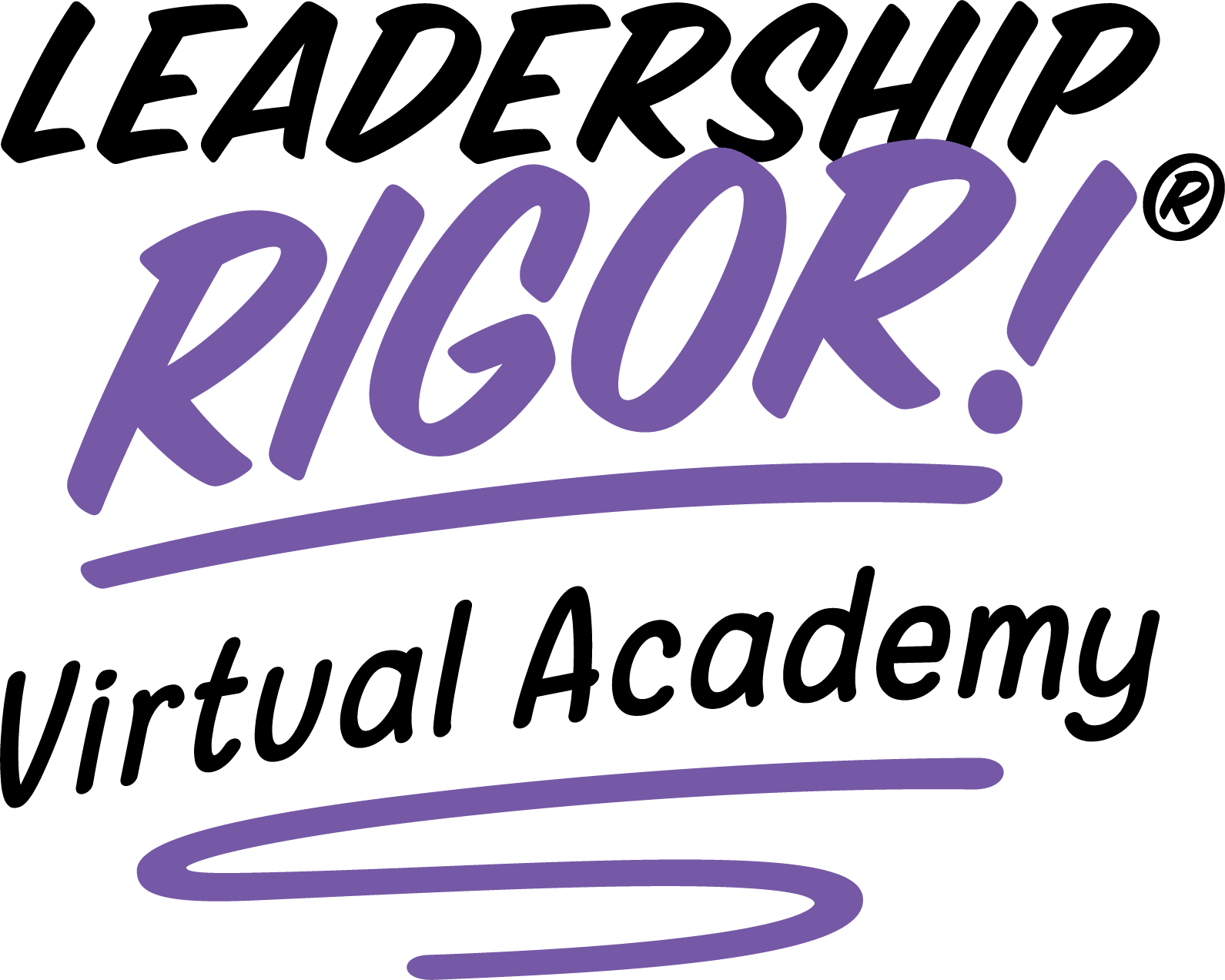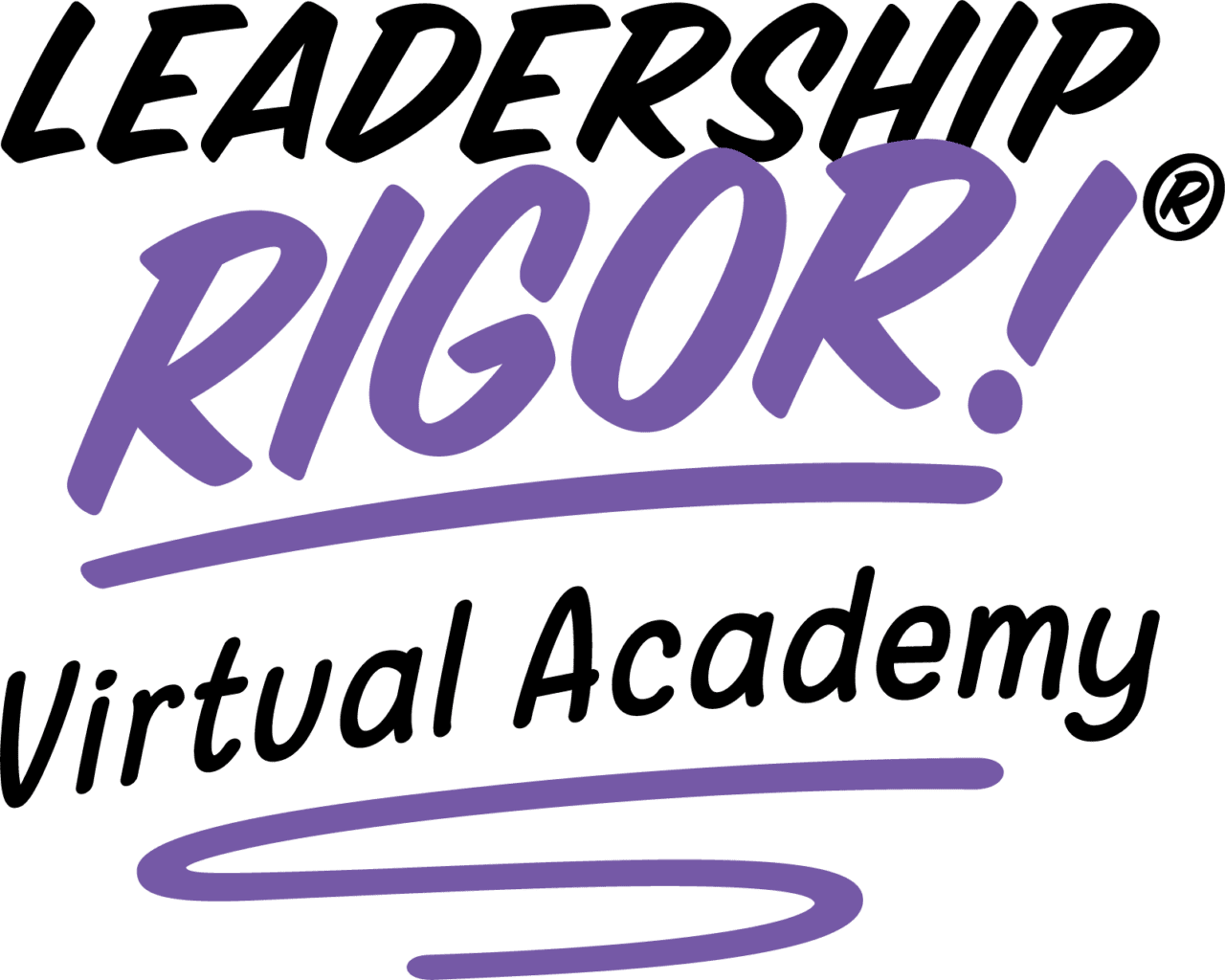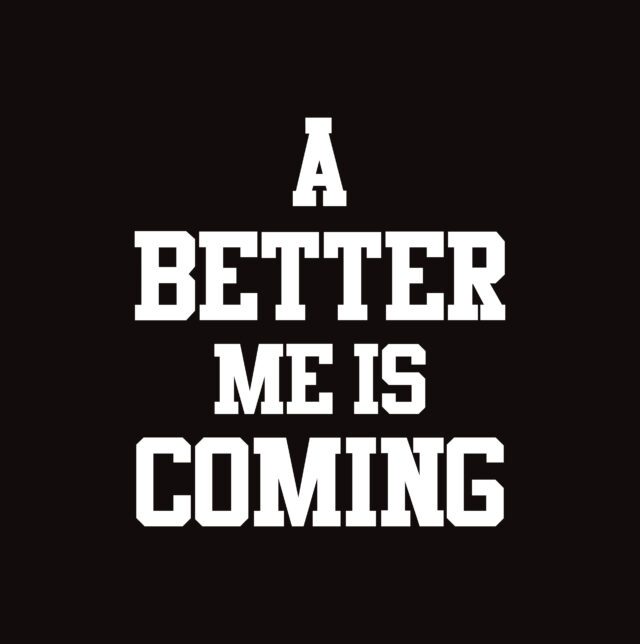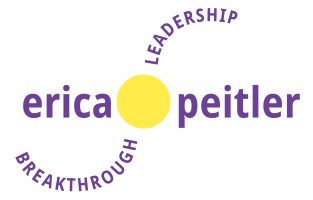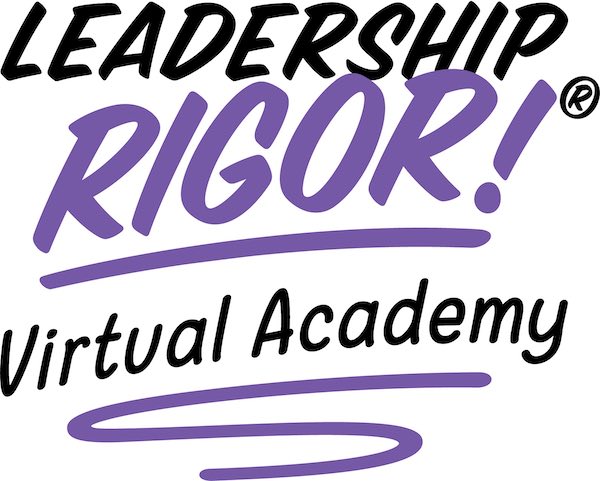

Leadership Training – It’s a whole new world!
November 6, 2023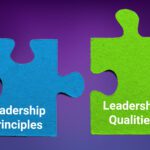

Leadership Qualities and Leadership Principles—How Do They Fit Together?
November 20, 2023Leadership Training that Shapes Your Perspective and Brings Out Your BETTER Self
In the early stages of building your career, your technical skills are a priority, and your focus is on securing your knowledge and delivering your required work products. This can be characterized as having a “Me-Focus” or being “Me-ology” based. For a short while during your initial learning curve, this makes sense.
Importantly, all work is collaborative today in Organizations, so understanding how to quickly shift to having a “We-Focus” and being “We-ology” based is a vital pivot to make as early as possible in your career. This is fundamental to becoming a great teammate or organizational community member and requires leadership development.
The Me and We Dynamics of Being a Good Leader
Let’s take a closer look at what we mean by me and we dynamics. There are BOTH good and bad ways to show up as a leader. In fact, being ME-focused is not necessarily a bad approach if you learn how to presence and voice your leadership in a positive and inclusive way.
So, the critical question is, “How can I best show up as a Leader?”
There are (2) “Me”-Based approaches that expose different ways you can choose to place your “I” and decide how you want to show up as a leader.
The first “Me” approach is referred to as I-imposing, which means you come across as being self-centered, dominant in your requests and self-absorbed in terms of what you see and how you see it. You may even lecture others on why your way is right, using your expertise or knowledge to shut others out of engaging in the conversation!
The energy you give off when you are I-imposing is negative, oppressive, and all about you! This is referred to as having a “Me-ology” disposition and significantly limits your ability to build healthy relationships and effectively lead others!
The second “Me” approach is referred to as I-voicing or I-presencing. With this approach, you come across as wanting to express or advocate for your point of view. Yet you do it in a way acknowledging your perspective is just one of several considerations being offered. Additionally, you are open and genuinely interested in engaging in the conversation to discuss the various options at play from your colleagues.
This approach creates an inclusive environment. It welcomes the opportunity to socialize various ideas, engage in productive conflict and invite the collaboration of everyone involved in the discussion. When you use this approach, you are demonstrating a healthy sense of “me.”
There are also (2) “We”-Based approaches, and like the “Me” examples above, one allows for a better presentation of your leadership skills:
The first “We” approach is Speaking for the group, and it is unfortunately very commonly used among leaders with low levels of Self and social awareness. While at first glance, it seems relatively harmless for one individual in the room to speak for the group, it is insulting to your colleagues to assume your feelings and experiences are the same as others. This “We” approach can make you appear both arrogant and ignorant.
Individuals in your group with strong emotional intelligence (EQ) and confidence may become frustrated, disagree and be the first to call you out in terms of not representing the views of others. In doing so, they will open the space for discussion about the diverse perspectives that more likely exist in the group.
Remember always to take the approach of ONLY speaking for yourself!
The second “We” approach is speaking with an Enterprise-first perspective. This is where the bigger picture of team, as well as organizational goals, are focused on as a priority. Interestingly, emerging high-potential leaders tend to gravitate towards this approach naturally. They can transcend their individual and team priorities to see a broader view of what their Organization is trying to accomplish with the business, in their marketplace and as a culture. They are both early adopters of and advocates for the enterprise perspective.
Learning to lead with appropriate “We” and “Me” approaches are just the beginning steps of understanding how to lead yourself and nurturing the development of your BETTER Self! The good news is that these skills and behaviors can be learned and mastered with the right program.
Now, you can take your Organization’s leadership skills to the next level with the Leadership Rigor Virtual Academy. This unique leadership training program offers a progressive Enterprise-Based Learning Journey customized to your business context, culture, and talent bench. With its engaging structural, creative and team-based design, this breakthrough program will accelerate your talent bench development and create an energized community of leaders, resulting in a more cohesive culture for your Organization in today’s challenging hybrid workplace. For more information, you can visit the website at ericapeitler.com.
